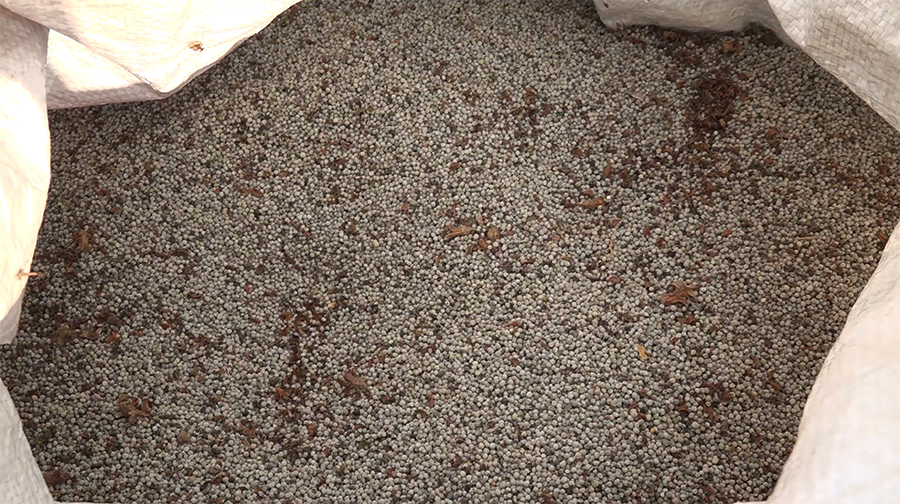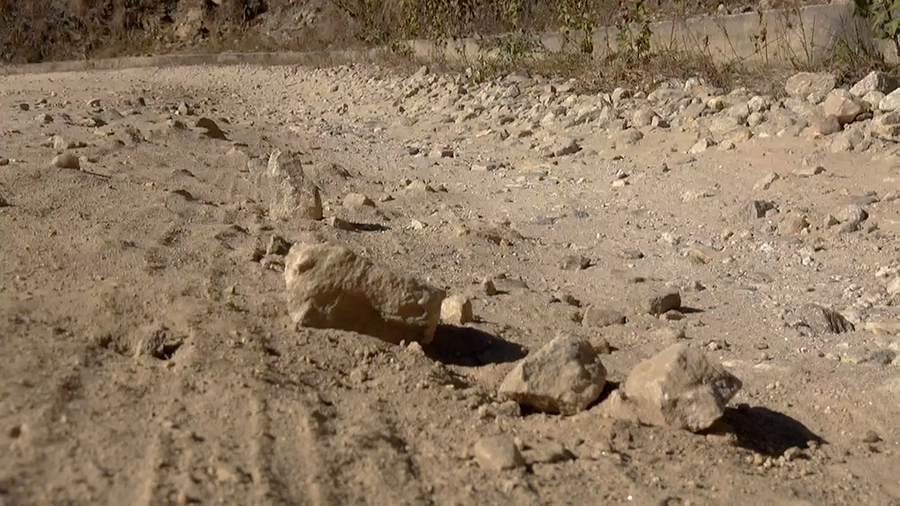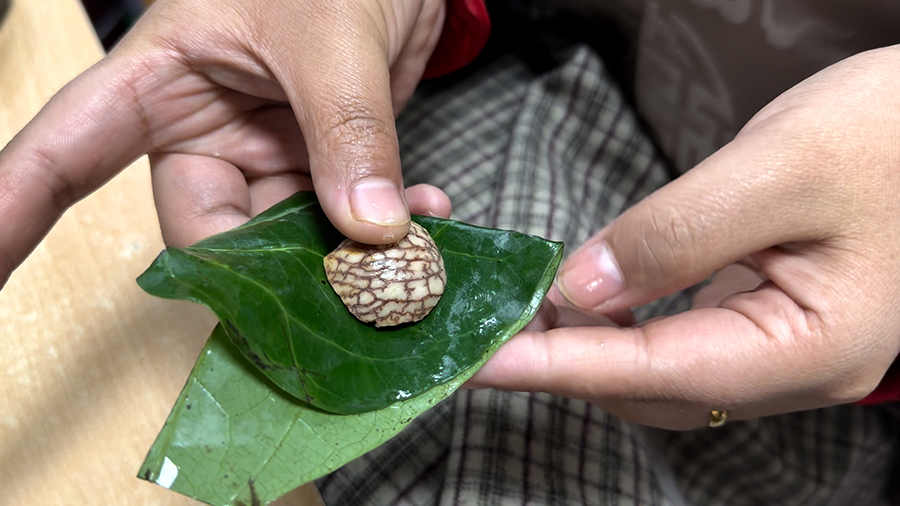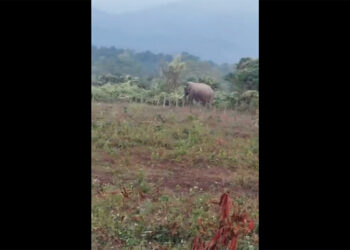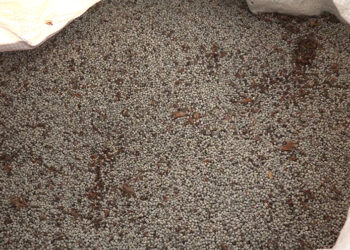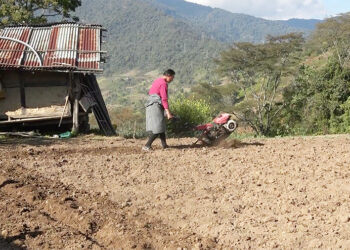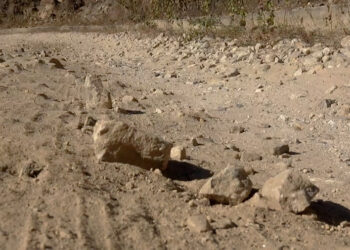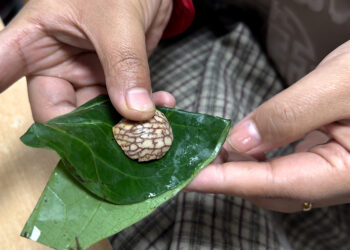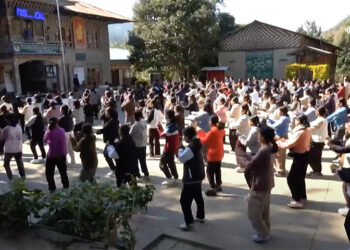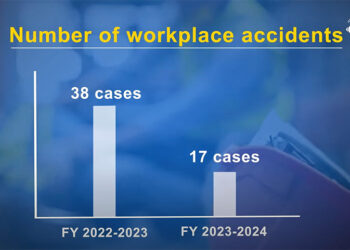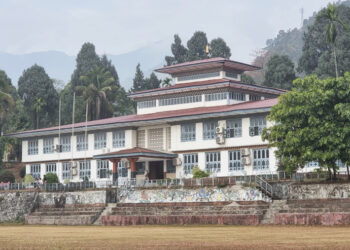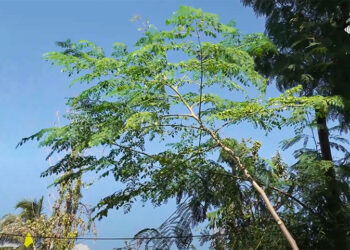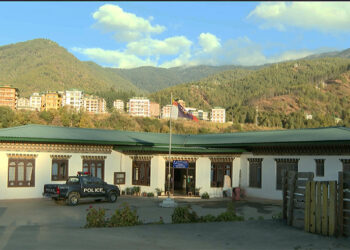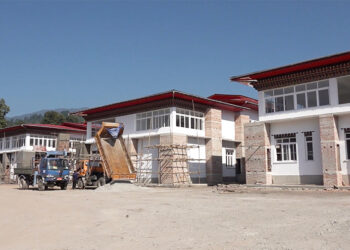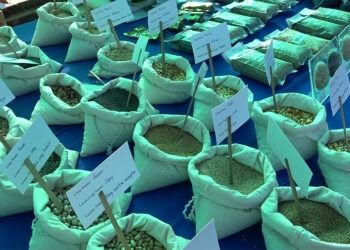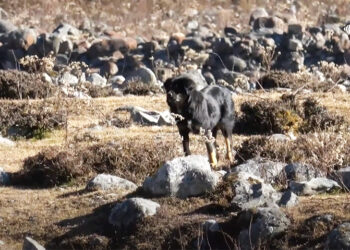Recent Stories
Winter engagement programme for students
Training youth is important for building a nation's future. It ensures economic growth, leadership continuity, and social progress. In line...
Labour department’s annual report shows a significant underreporting of workplace accidents
The Department of Labour recorded four deaths at workplace in the fiscal year 2023-2024 with two cases each in Thimphu...
Bhutanese entrepreneurs in Australia explore ways to contribute to GMC development
As the vision for the Gelephu Mindfulness City (GMC) begins to take shape, Bhutanese living abroad, particularly in Australia, are...
𝗥𝗲𝗺𝗲𝗺𝗯𝗲𝗿𝗶𝗻𝗴 𝗗𝗮𝘀𝗵𝗼 𝗧𝘀𝗵𝗲𝗿𝗶𝗻𝗴 𝗪𝗮𝗻𝗴𝗱𝗮’𝘀 𝗿𝗲𝗺𝗮𝗿𝗸𝗮𝗯𝗹𝗲 𝗷𝗼𝘂𝗿𝗻𝗲𝘆
Amidst the misty hills of Samtenthang village, the nation bid a heartfelt farewell to one of its most cherished sons,...
Moringa leaves become new source of income for Langchenphu farmers
In Samdrup Jongkhar, residents of Langchenphu Gewog are turning moringa leaves into a source of income. Farmers in the gewog...
Remittances from Bhutanese abroad hit USD 210 M
Bhutanese living abroad collectively remitted more than USD 210 M between August last year and October this year, according to...
Politics
RCSC defends PME category, proposes targeted support for civil servants
The Royal Civil Service Commission (RCSC) indicated that it is exploring alternative support measures for civil servants classified under the...
Popular
-
Thimphu Police investigate death of man in suspected burglary
-
Six individuals sentenced to upto nine years in sexual abuse cases of minors
-
Elon Musk’s Starlink satellite internet service reaches Bhutan
-
Four + one model to raise funds for Gelephu Mindfulness City
-
Bitdeer’s 500MW Jigmeling facility to be operational mid-to-late 2025
Recent News
New 20-bed hospital in Tashichhoeling nears completion, set to open by April 2025
The wait is almost over for the residents of Tashichhoeling Dungkhag in Samtse as the new 20-bed hospital nears completion. 96 per cent of the work is complete. Worth some Nu 500 M, the facility is set to bring improved healthcare services and renewed hope to the community when it opens in April next year. The new hospital is located...
Over 1,000 rare seed samples collected for conservation at Biodiversity Fair
More than a thousand seed samples were collected and taken to the National Biodiversity Centre or NBC as a part of the 10th Biodiversity Fair held in Tsirang yesterday. The seeds are considered unique and rare in the country. They will now be conserved in the centre’s gene bank in Thimphu for sustainable use. At the fair, farmers from ten...
Tashichhoeling farmers struggle with elephant destruction, demand intervention
Farmers of Tashichhoeling Gewog in Samtse, who depend on areca nut farming, are struggling with frequent elephant attacks. These elephants damage homes, threaten lives, and destroy betel nut trees, undoing years of hard work. Frustrated by the losses, the affected farmers are urging authorities to implement stronger measures and provide damage compensation caused by elephants and other wildlife. Elephants have...
Feral dog attacks threaten sheep rearing in Sakteng Gewog
Sheep-rearing, once a key livelihood for the people of Sakteng Gewog in Trashigang, is gradually declining. Today, only 40 households rear sheep for wool to weave their traditional dresses. However, feral dogs are posing a significant threat. The dogs kill 30 to 40 sheep each year, further discouraging the rearing practice. The feral dogs hide in bushes and along the...
Recent News
- Tashichhoeling farmers struggle with elephant destruction, demand intervention
- Perilla (Zhimtsi) cultivation in Bazor Village disappearing, Samdrup Jongkhar
- Machinery and tools transform farming in Dagana
- Audit observes poor workmanship in farm road GSB projects
- Areca nut use hits 60% in Bhutan, raising health concerns
News Category
- Accidents
- Agriculture
- Announcement
- Business
- Crime/Legal
- Culture
- Development
- Disaster
- Economy
- Education
- Entertainment
- Environment
- Featured
- Festival
- GMC
- Headlines
- Health
- Legal
- Literature
- Livestock
- Media
- Other Stories
- Politics
- Recent stories
- Religion
- Sci/Tech
- Social
- Sports
- Technology
- Tourism
- Uncategorized
- Video
- Video Story
- Wildlife
© 2024 BBSCL. All rights reserved.


